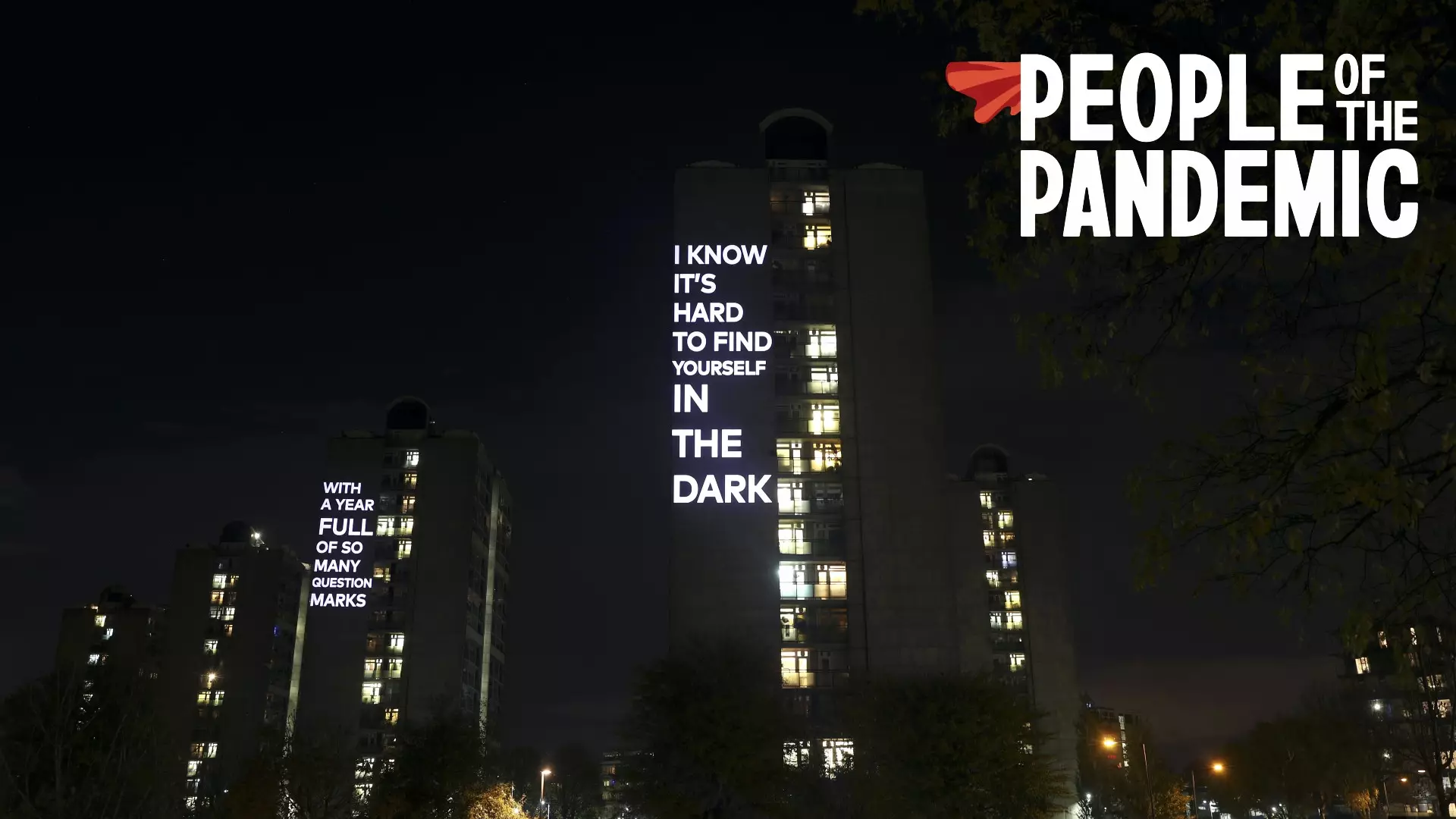
The last 12 months has had an unprecedented impact on people's mental health - as well as the physical toll of a pandemic that has claimed more than 126,000 lives in the UK.
For some though, lockdown has helped manage the struggles of existing mental health problems, such as anxiety.
Things such as getting on public transport or walking through the bustling shops are no longer a daily fear. Nor are the bigger things, like not having to keep a panic attack under wraps while you're sitting at your desk, or feeling pressured into socialising.
Advert
Someone all too familiar with the sense of 'relief' is self-confessed introvert and mother-of-two who told LADbible: "I was just generally pulled in too many directions pre lockdown.
"The pressure to be constantly on the go. After school activities, committee meetings, training, socialising. It was all too much. I was burnt out, bad tempered and unhappy.
"Lockdown released me from obligation and expectation. It was amazing. I don't want to go back to all that.
"I find crowds and busy places incredibly hard to deal with. So having a reason not to go to them has again, released me from expectation."

She continued: "While at home I got the chance to slow down, cook from scratch, plan and organise shopping so it was cheaper and streamlined. I started doing YouTube yoga and basically slept soundly for the first time in my adult life.
Advert
"We weren't obligated to go to family functions - which as an introvert I find extremely draining. Not that I don't love my family but they are 99 percent extroverts and I really am burnt out after half an hour but feel compelled to stay.
"Sadly I know the expectations are going to be there once everything returns to 'normal' however that might be some time away yet so I'm enjoying the freedom until then. [I'll] probably go back to being stressed and unhappy."
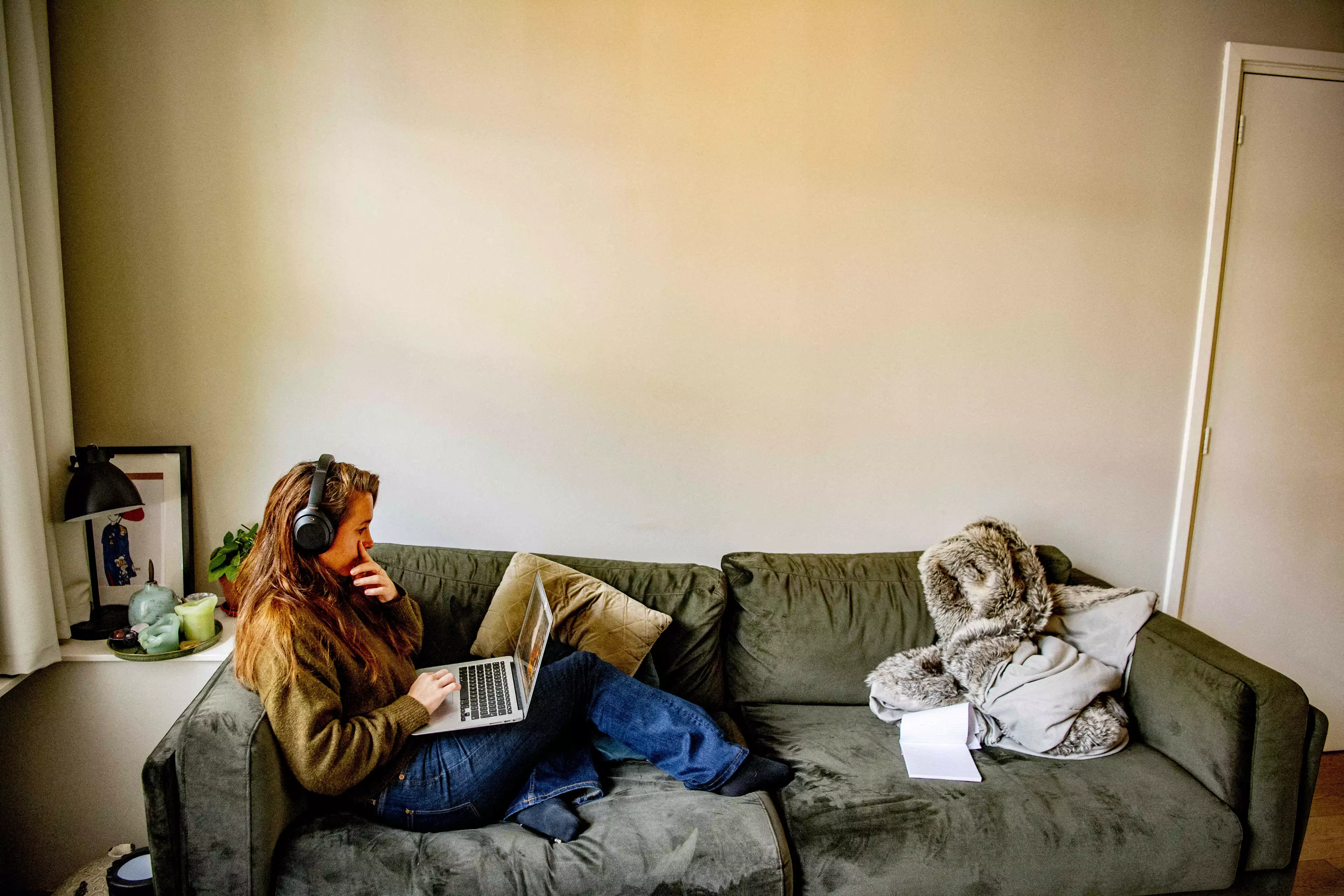
This time last year Greg* had moved from the UK to the other side of the globe to be closer to his family. He was living his own dreams. Until the coronavirus pandemic turned his life upside down.
Advert
"Lockdown took my quality of life, one hundred percent," he told LADbible. "It took any opportunity I felt I had. There was no life. It was just a bit fat pause button.
"I went to Australia and I was so happy. It was a new start for me and the world was my oyster, it was always my dream to move there and it just took it all away. Lockdown completely ruined all my plans.
"This time last year I was in a job, designing aircraft parts and I've ended up in a rehab wellness centre in Blackpool - that's the impact the pandemic has had."

Advert
Things got so bad for the 38-year-old father that he developed an addiction to alcohol and his mental health took a huge blow - both of these things, he believes, stemmed from the lockdowns.
Feeling alienated in Australia, Greg shut himself off from the world in a cycle of drinking to sleep. He kept his curtains closed, couldn't look at his phone and was drinking up to four bottles of whisky each weekend.
He went on: "I wanted to mask the feeling of being down - I didn't want to have any feelings. I wanted to feel empty in that regard. There was nothing to do."
Advert
Feeling isolated, alone and completely unmotivated are things that so many of us can relate to, which means there's very little surprise in learning that more people have found themselves in a mental health crisis than ever recorded as helpline calls have rocketed.
According to analysis of NHS Digital figures, urgent and emergency referrals of people in crisis have shot up since the beginning of the first national lockdown, with figures for June and July higher than ever previously recorded.
In 2020, total of 2,276 more urgent and emergency referrals were made in July alone compared to the same month in 2019.
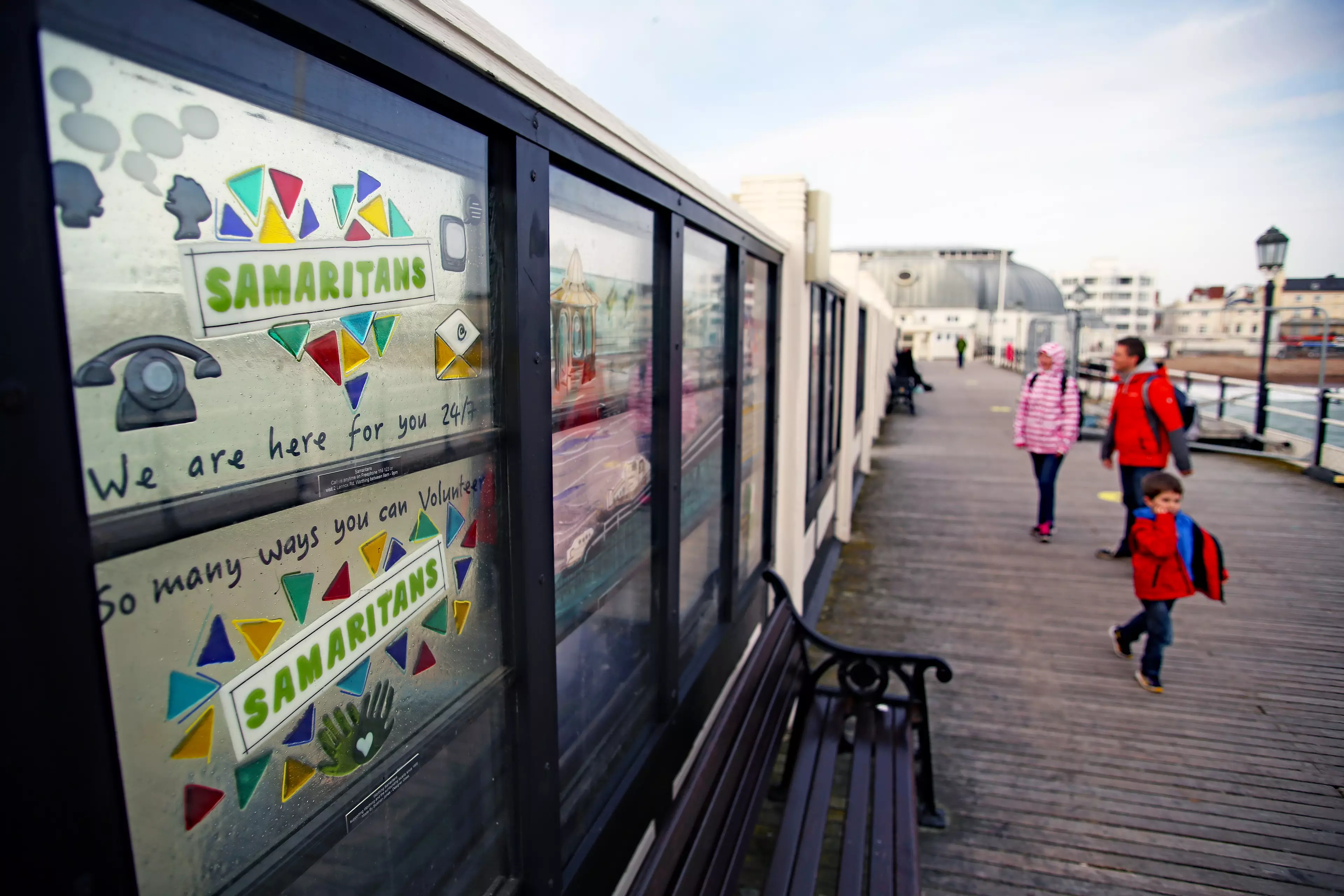
After noticing his own mental wellbeing spiralling Greg returned to the UK and, not long after, the country went into its third (and hopefully final) lockdown. This time around though, it took his sense of being.
"I had crippling anxiety," he said. "I had a big apartment and I was struggling to leave the bedroom because of the anxiety I had from having to face the real world. I've never had that before. It was because of the isolation; I didn't have any sort of responsibility. I stopped caring.
"Over Christmas I thought the opportunity had gone for Australia. That and the isolation and lockdown not lifting along with having no timeline of when things were opening - as far as having light at the end of the tunnel, I couldn't see it. I was in a dark, dark place."
Greg checked himself into a rehabilitation centre in Blackpool called Ocean Recovery and will be leaving in a few weeks' time with a much more optimistic outlook on life.
"The future is bright," he concluded. "The elephant in the room is gone, my family know I was struggling. I didn't want them to know or realise the depths I'd gone to and what I felt."
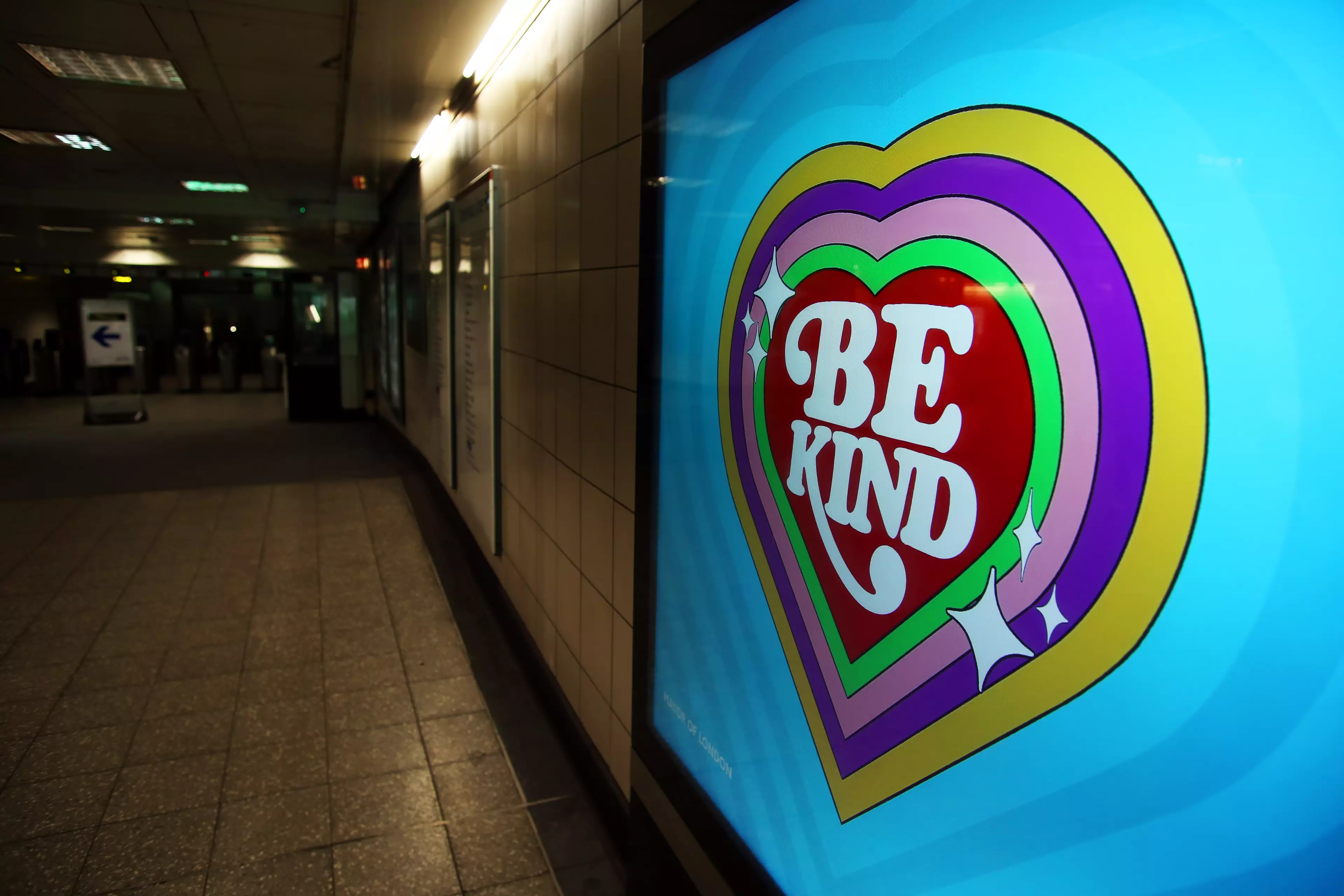
According to Samaritans, a study published in the British Journal of Psychiatry Samaritans found that young people, women, individuals from more socially disadvantaged backgrounds and those with pre-existing mental health problems reported the worst mental health outcomes in the initial phase of the national lockdown.
The research, led by the University's Professor Rory O'Connor, Chair in Health Psychology at the University's Institute of Health and Wellbeing, found that suicidal thoughts increased over those initial first six weeks.
Julia Waltham, Head of Policy and Public Affairs at Samaritans said: "The impact that the coronavirus pandemic is having on the nation's mental health is clear to see. We know that many people have been struggling during this challenging time and our volunteers are telling us that loneliness, job worries and the loss of support networks are just some of the pressures that our callers are facing.
"Samaritans' volunteers have provided emotional support over 2.3 million times since social distancing restrictions began in March last year, with over a fifth of the calls for help mentioning coronavirus, although our volunteers tell us that the pandemic has affected all of our callers in some way.
"Known suicide risks including job loss, bereavement and loneliness are likely to have been made worse by coronavirus. As we look ahead beyond lockdown, we are concerned about what the long-term impact of the pandemic will be as we've previously seen how economic downturn can impact suicide rates.
"While there is no quick or easy solution, there are things that can be done to support those who are struggling. The Westminster government must put suicide prevention at the heart of its pandemic recovery plans - from suicide prevention training to continuing to invest in UK-wide schemes that support those facing job loss, for example.
"Suicide prevention is everybody's business so it's really important that we work together to look after our own mental wellbeing and those who may be struggling during these exceptionally difficult times. It's as simple as checking in on those you care about and encouraging them to reach out for support, whether it's with a friend, family member or a confidential helpline like Samaritans."
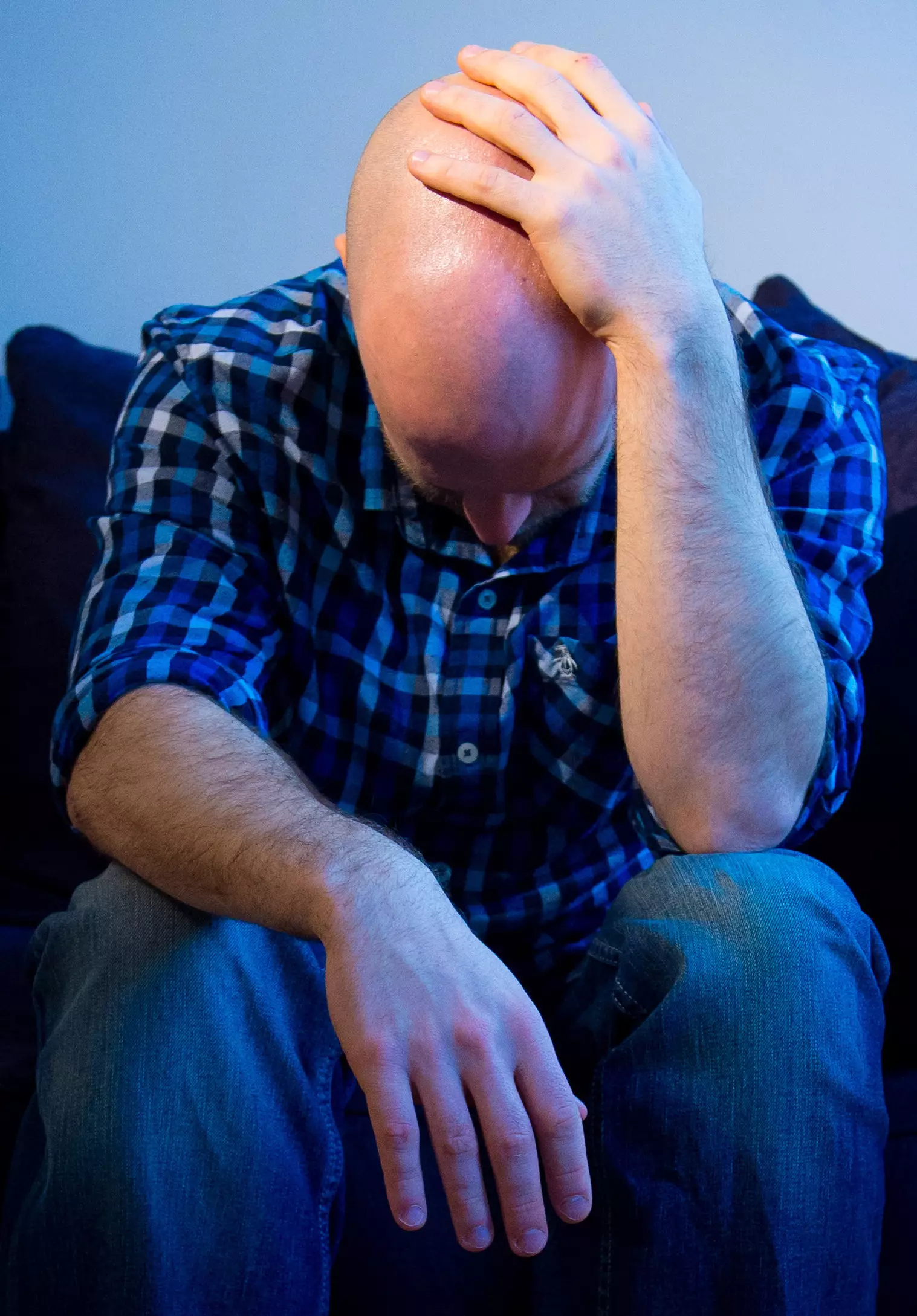
*We have changed the names of some contributors to keep them anonymous.
Here's a list of the leading mental health helplines and services that are just a call away in the UK:
- Samaritans are there 24 hours a day, 365 days a year, and will talk to you about anything that's bothering you. You can call 116 123 (free from any phone), email [email protected] or visit some branches in person. You can also call the Welsh Language Line on 0300 123 3011 from 7pm to 11pm every day.
- The Mix take calls from under 25s on 0808 808 4994 from Sunday to Friday, 2pm to 11pm. You can request support by email using the form on The Mix website or using their crisis text messenger service.
- Papyrus HOPELINEUK is there for under 35s struggling with suicidal feelings, or those who are concerned about a young person who might be struggling. You can call them on 0800 068 4141 on weekdays from 9am to 10pm, on weekends from 2pm to 10pm, and on bank holidays from 2pm to 10pm. You can also email [email protected] or text 07786 209 697.
- The Campaign Against Living Miserably (CALM) caters specifically to males on 0800 58 58 58 from 5pm to midnight every day. Alternatively, you can use their webchat service.
- The Nightline website allows students to see if their university or college offers a night-time listening service. Nightline phone operators are all students too.
- Switchboard is there for people who identify as gay, lesbian, bisexual or transgender and can be reached on 0300 330 0630 from 10am to 10pm every day. You can also email here or use their webchat service. Phone operators all identify as LGBT+.
- The Community Advice and Listening Line (C.A.L.L). is available for those who live in Wales and can be contacted on 0800 132 737, which is open 24/7. You can also text 'help' followed by a question to 81066.
UOKM8? is a campaign by LADbible, featuring films and stories that provide advice and inspiration on mental health. Explore more here and don't suffer in silence. Let's talk mental health.
Featured Image Credit: PA
Topics: People of The Pandemic, News, Mental Health, UOKM8?, PeopleOfThePandemic